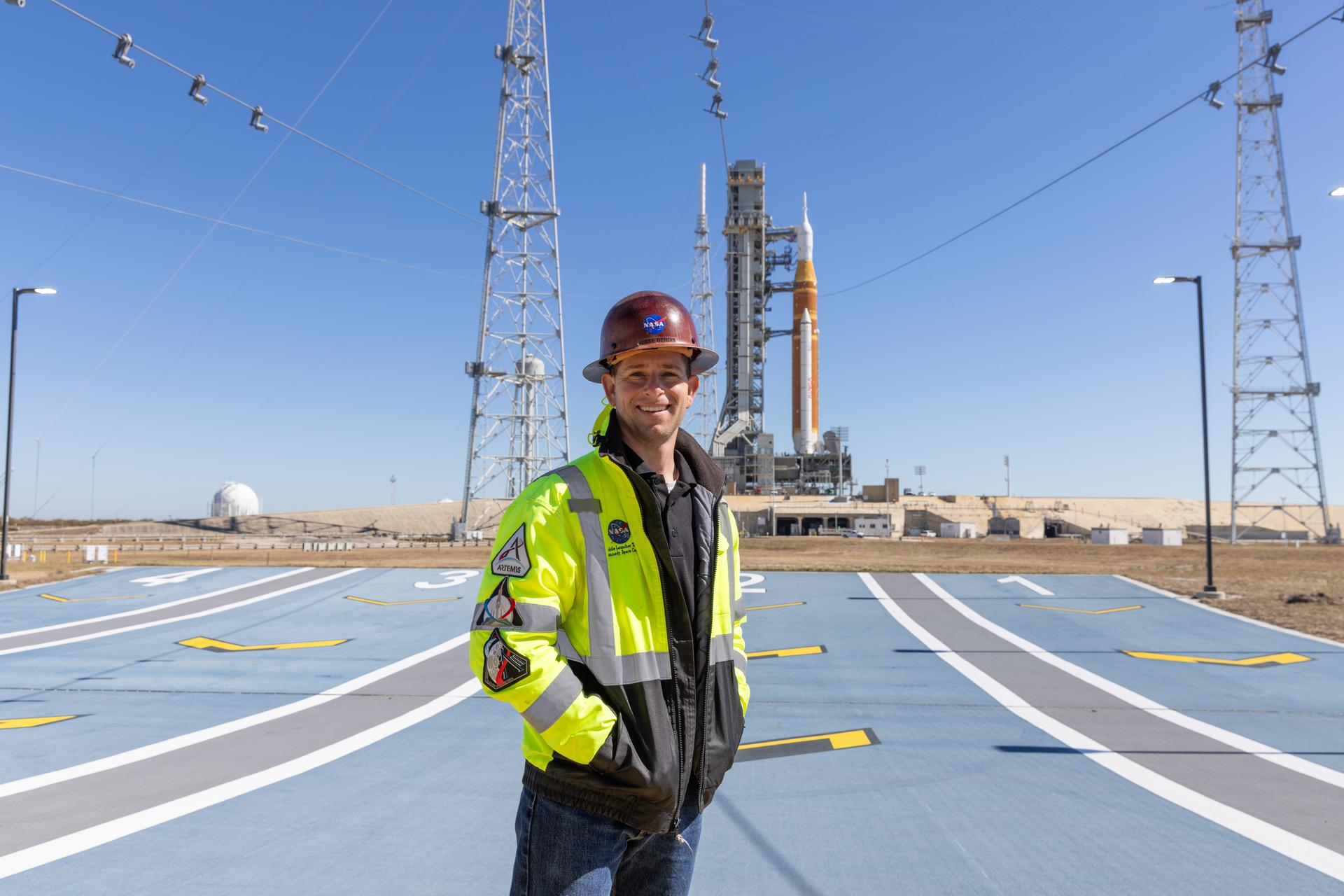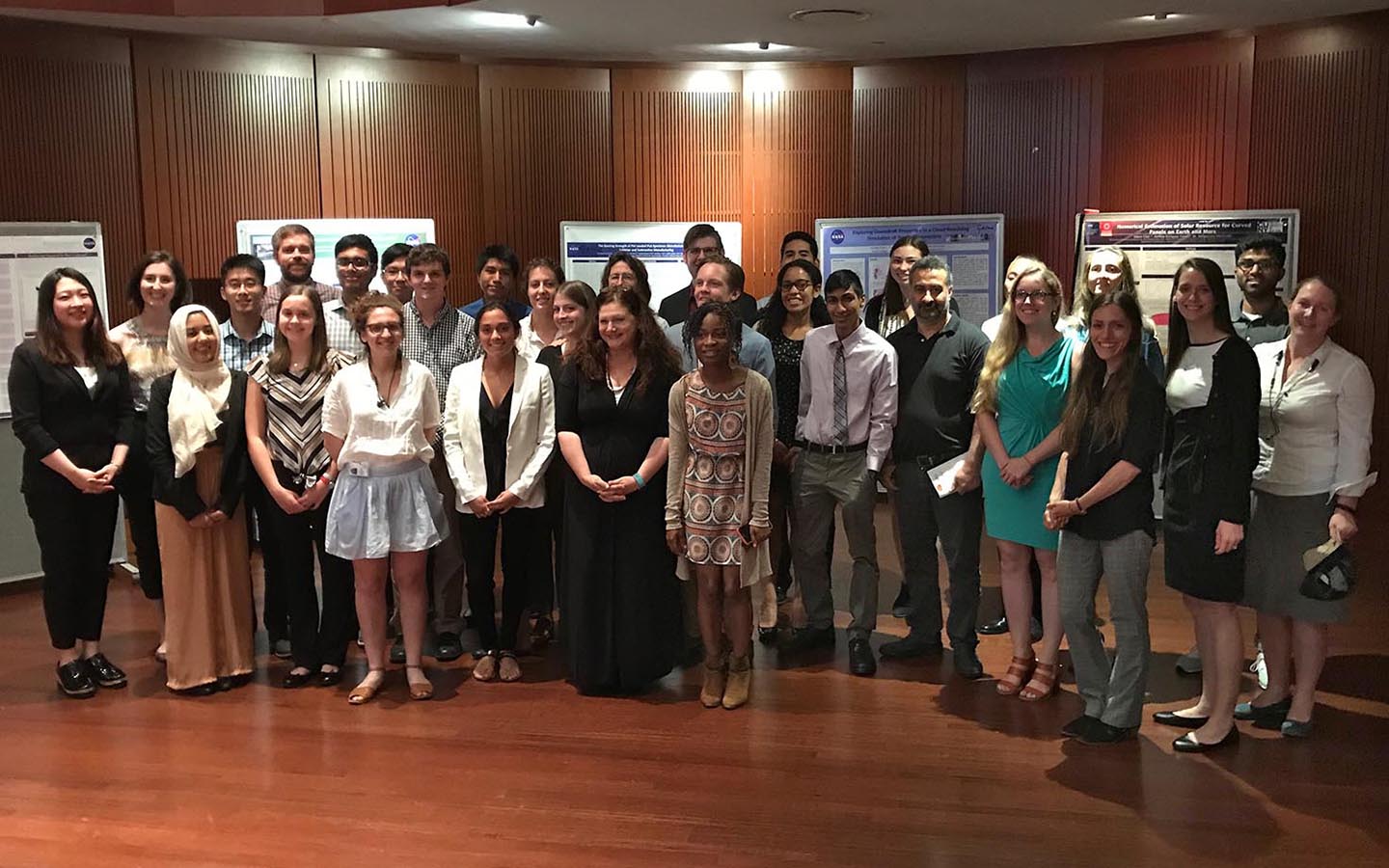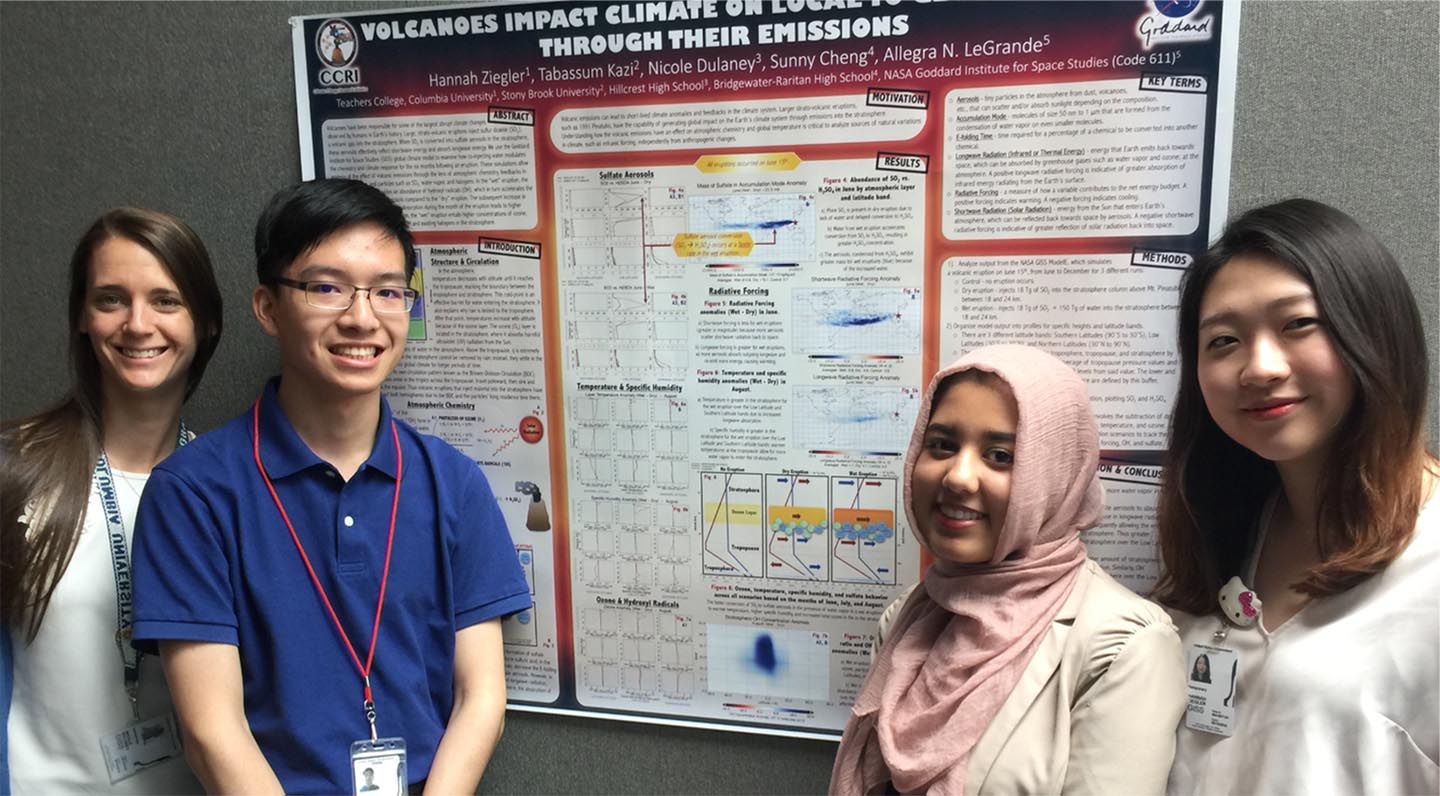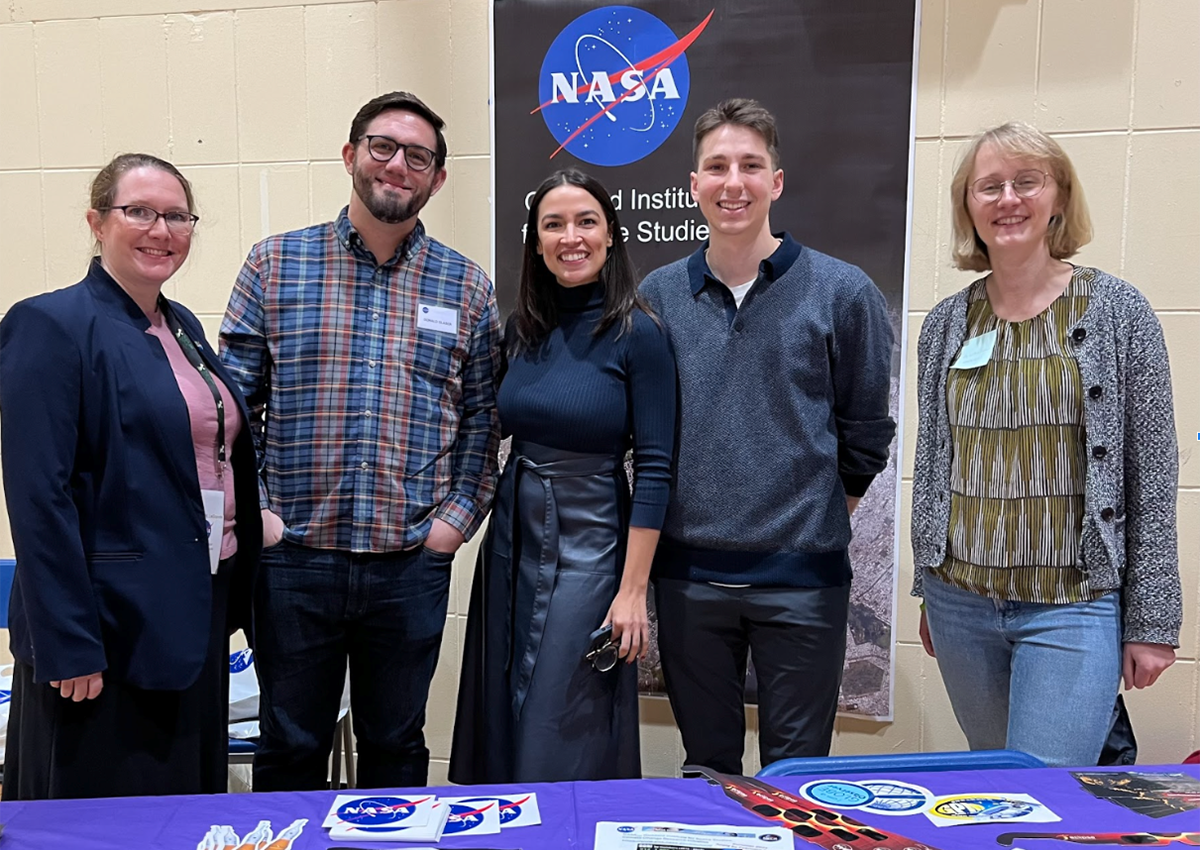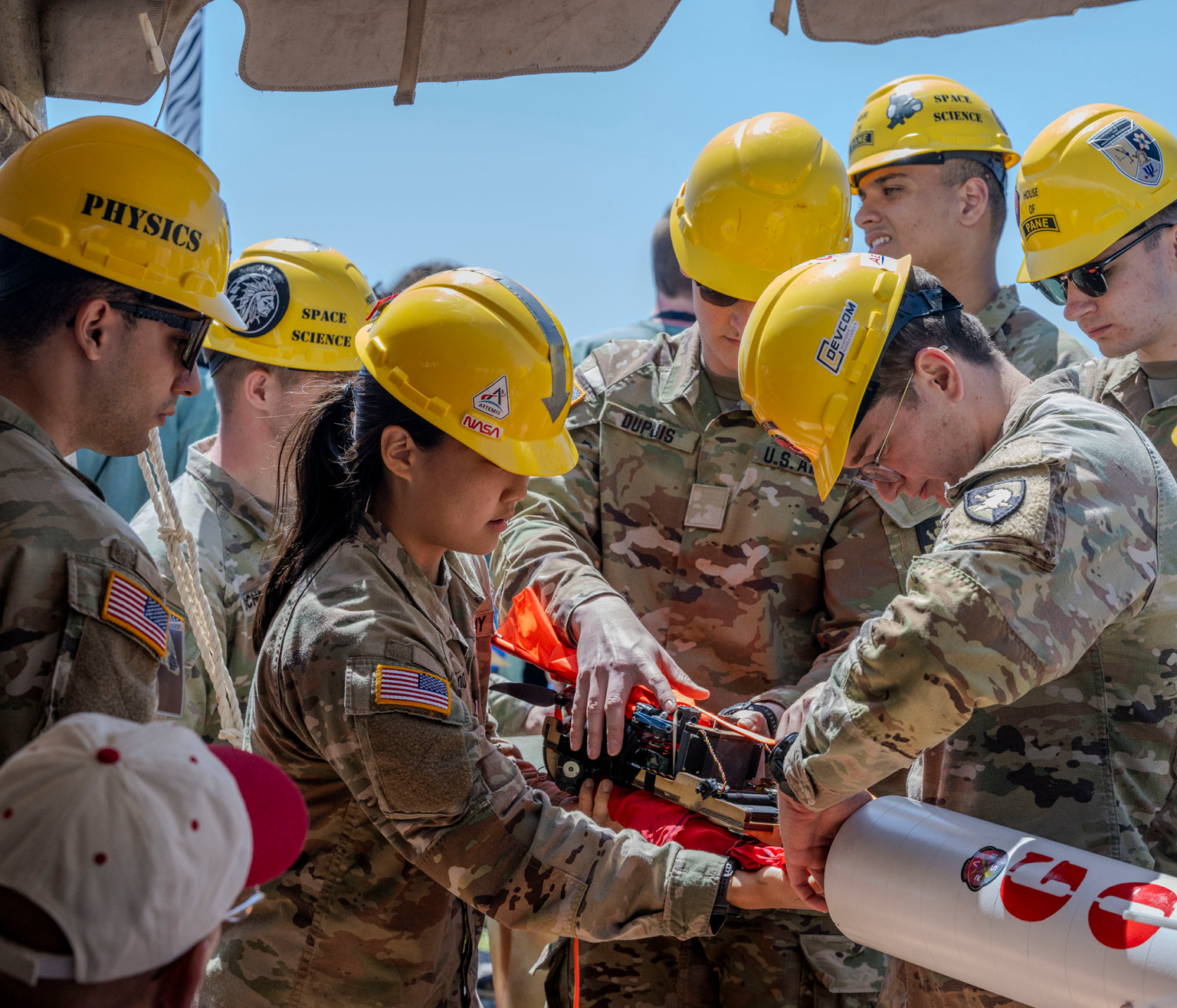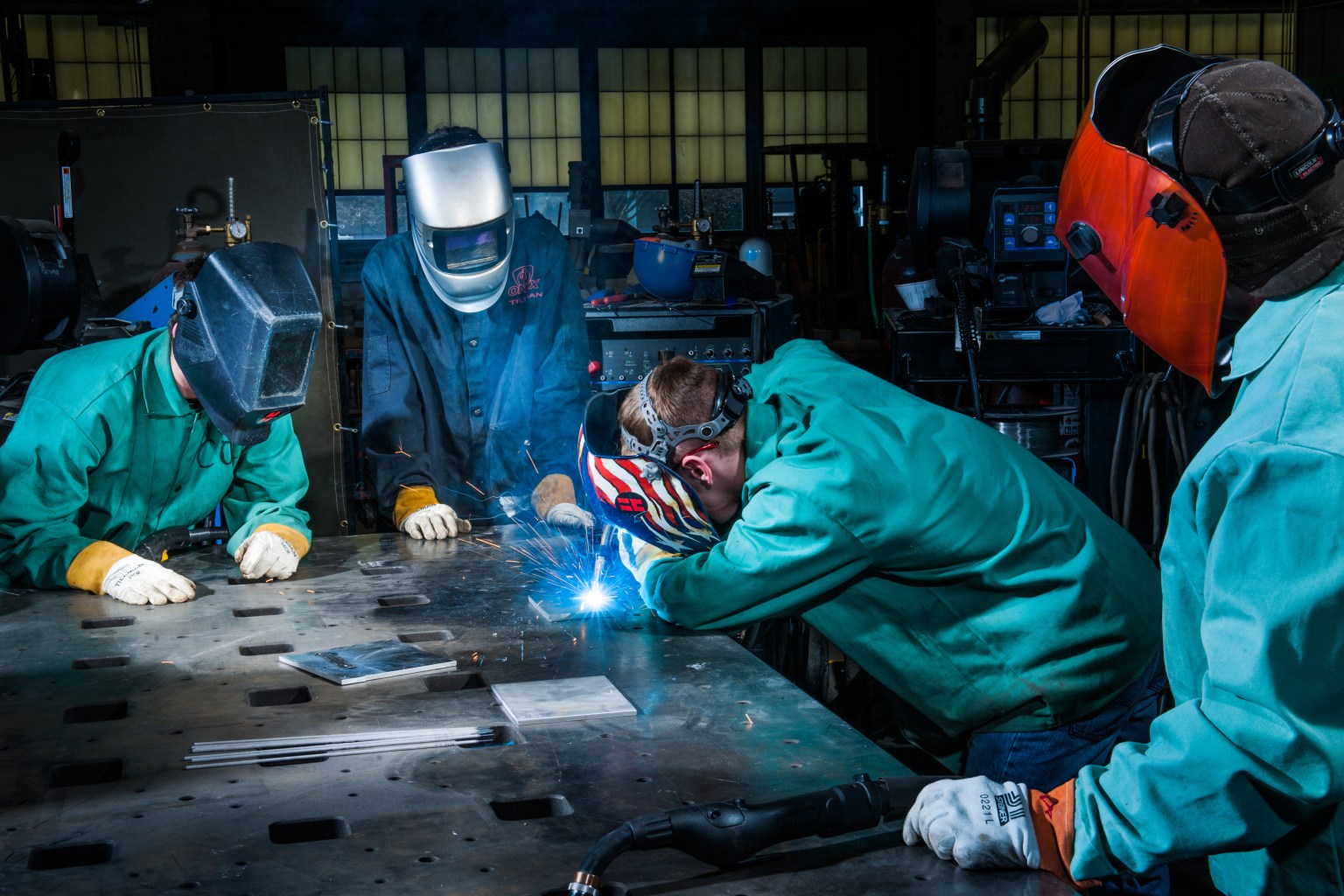Climate Change Research Initiative
The year-long CCRI program at GISS is a STEM engagement and experiential learning opportunity for high school educators, graduate students, and undergraduate and high school interns to work directly with NASA scientists in a research project hosted at either NASA’s Goddard Institute for Space Studies in New York City or Goddard Space Flight Center in Greenbelt, Md.
During the fall and spring terms, the research team includes NASA principal investigators who lead in-service high school STEM educators and graduate student assistants to become immersed in a NASA science research area related to climate change. Undergraduate and high school interns join each CCRI project during the summer session.
Participating high school STEM educators assist in the development of a research question and in guiding the research team to complete project deliverables such as curriculum portfolios, lesson plans, and end-of-year student presentations, posters and presentations.
During the summer session, the entire team will work collaboratively on a full-time basis to complete the research project, deliver presentations, create a scientific poster and a publishable research paper that will be presented at a final symposium at the Goddard Institute for Space Studies and at other science conferences and symposia.
Educators and graduate students interested in participating in CCRI should contact the GISS education officer, Matthew Pearce at matthew.d.pearce@nasa.gov, for further information as well as instructions on how to apply.
More Internships
In addition to the CCRI program, the Goddard Institute for Space Studies offers up to a dozen other internship opportunities per session to high school, undergraduate and graduate students to work with NASA scientists and with our science collaborators at nearby colleges and universities.
Applicants for GISS internships must be US citizens. Depending on the particular project, interns may be required to reside within 50 miles of GISS’s offices in New York City, but some projects may allow for remote participation (WFH).
Information about all internship opportunities at GISS, whether a part of CCRI or otherwise, as well as internships at other NASA facilities is posted on NASA’s Internship Programs website. This includes application instructions and deadlines.
Graduate Study
A small number of graduate students perform their doctoral research at the Goddard Institute, almost all through Columbia University. The program supports atmospheric and climate research in all their aspects. Each graduate student is enrolled in a Columbia academic department and follows the normal procedures of that department regarding admission and progression towards their Ph.D. degree.
Prospective students should contact Dr. Ron Miller at ron.l.miller@nasa.gov for information about the Columbia University graduate program specific to NASA’s Goddard Institute for Space Studies.
Postdoctoral Research
Opportunities for postdoctoral and early career research at the Goddard Institute are offered through a variety of programs. Chief among them are opportunities through NASA’s Postdoctoral Program and through Columbia University via its Climate School and its Department of Applied Physics and Applied Mathematics. Research areas include but are not limited to Earth system modeling, observations of Earth’s atmosphere, climate impacts, and exoplanetary and astrobiology studies.



